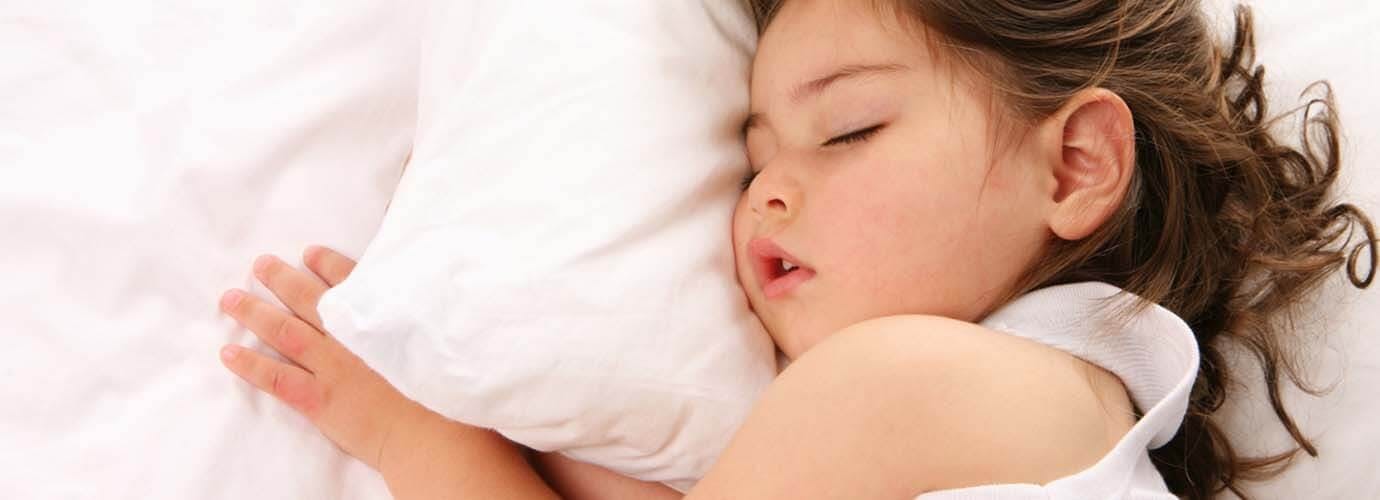Nocturnal Enuresis, more commonly known as Bedwetting, is defined as involuntary urination while asleep after the age at which staying dry at night can be reasonably expected. Soggy sheets, wet pyjamas and an embarrassed kid are familiar in every household. Not to worry, bedwetting isn’t a sign of toilet training gone wrong, it’s merely a regular part of your child’s development. Generally, bed-wetting before the age of seven isn’t a real concern because during these years your child is still developing their night-time bladder control.
Before we understand the causes of enuresis, it’s important to know that there are two types of bedwetting: primary and secondary. Primary means bedwetting that has been happening consistently since early childhood. A child with primary bedwetting never stays dry for an entire night. Secondary bedwetting is bedwetting that starts after the child has been dry at night for a significant period of time, usually at least six months.
What are the causes of primary bedwetting?
- Your child has inherited the enuresis gene from a parent.
- Your child cannot hold urine for the entire night.
- Your child doesn’t wake up when his or her bladder is full.
- Your child produces a large amount of urine at night.
- Your child has poor daytime toilet habits.
If a child has been continuously wetting the bed, it could very well mean that they have inherited the enuresis gene from one of their parents. There is overall agreement among researchers that bedwetting has a clear hereditary element. Parents who have a personal history of nighttime wetting often find themselves parenting at least one child who wets the bed. Bedwetting is characterised by being unable to recognise the signal that is being sent from the filled bladder to the brain during sleep. As a result, instead of contracting the sphincter muscle, the child relaxes the bladder and starts to urinate.
Many children habitually ignore the urge to urinate and put off urinating as long as they possibly can. Parents are usually familiar with the leg crossing, funny faces, squirming, squatting, and groin holding that children use to hold back urine. When they’re asleep, holding off the urge to urinate becomes a lesser issue as they feel they’re able to simply release in their sleepy state.
What Causes Secondary Bedwetting?
Secondary bedwetting is slightly more serious than primary bedwetting and can be a sign of an underlying medical or emotional problem. The child with secondary bedwetting is more likely to have other symptoms like daytime wetting.
The causes of secondary bedwetting include the following:
- Urinary tract infection: The resulting bladder irritation can cause pain or irritation with urination, a stronger urge to urinate and frequent urination.
- Genetic: If the specific enuresis gene is dominant; meaning that if one parent had the problem, a child could be likely to have it too.
- Neurological problems: Injury or disease of the nervous system can upset the neurological balance that controls urination.
- Emotional problems: A home where the parents are in constant conflict in front of the child can cause children to wet the bed. Significant changes in a child’s life, such as starting school or a new school, a new baby, or moving to a new home, are other stresses that can also cause bedwetting.
- Attention-deficit/hyperactivity disorder (ADHD). Generally speaking, bed-wetting is more common in children who have ADHD.
Primary bedwetting is completely natural for your little one, and it’ll take them a while to understand the concept of using the bathroom during night and daytime. If, however, you’ve spotted any of the secondary bedwetting symptoms, it’s essential that you support your child through the entire process. Chat to your child and get a sense of how they’re feeling and once you understand how they’re feeling, you’ll be able to rectify the situation.
Sources:
https://www.webmd.com/sleep-disorders/guide/bedwetting-causes#1
https://www.healthline.com/symptom/bedwetting
https://www.mayoclinic.org/diseases-conditions/bed-wetting/symptoms-causes/syc-20366685
https://cdn1.peopleimages.com/picture/201711/1606731-making-home-her-productive-zone-zoom_90.jpg
https://www.epainassist.com/children/is-bedwetting-hereditary
Subscribe to our newsletter
Sign up for exclusive offers, first access to promotions and be in the know on all things nappies, parenthood, babies and beyond.
More Information
Help and Advice
In the spirit of reconciliation Unicharm Australasia acknowledges the Traditional Custodians of country throughout Australia and their connections to land, sea and community. We pay our respect to their Elders past and present and extend that respect to all Aboriginal and Torres Strait Islander peoples today.





